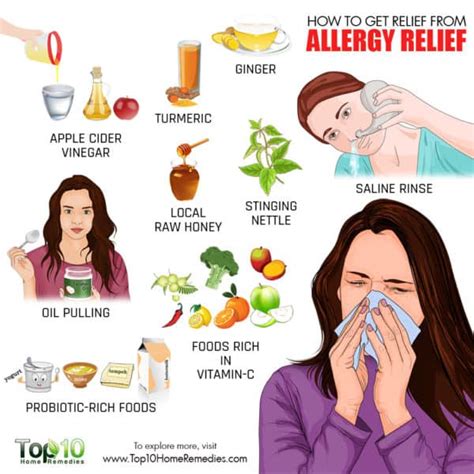How to Get Rid of Allergies: A Comprehensive Guide
Allergies. That itchy throat, runny nose, sneezing fit – they're unwelcome guests that disrupt our lives. But what if you could minimize their impact, or even better, get rid of them altogether? While a complete cure isn't always possible, effective allergy management is within reach. This guide will equip you with the knowledge and strategies to conquer your allergies.
Understanding Your Allergies
Before diving into solutions, it's crucial to understand the root cause. Allergies are your immune system's overreaction to otherwise harmless substances called allergens. These can range from pollen and pet dander to dust mites and certain foods. Identifying your specific triggers is the first step towards effective management.
Common Allergens and Their Sources:
- Pollen: Trees, grasses, weeds – seasonal variations are key here.
- Pet Dander: Cats, dogs, and other furry friends shed microscopic skin particles.
- Dust Mites: Microscopic creatures thriving in bedding, carpets, and upholstered furniture.
- Mold: Found in damp areas, both indoors and outdoors.
- Food Allergens: Peanuts, milk, eggs, soy, wheat, shellfish – reactions can range from mild to severe.
Note: A visit to an allergist is highly recommended for accurate diagnosis and personalized treatment plans. They can perform allergy tests to pinpoint your specific triggers.
Effective Strategies to Manage and Reduce Allergy Symptoms
Once you know your enemy, you can strategize effectively. Here are proven methods to alleviate allergy symptoms:
1. Environmental Controls: Minimizing Exposure
This is about proactively reducing contact with allergens. Simple steps can make a huge difference:
- Regular Cleaning: Frequent vacuuming (ideally with a HEPA filter vacuum), dusting, and washing bedding in hot water can significantly reduce dust mites and other allergens.
- Air Purifiers: Using air purifiers with HEPA filters can remove airborne allergens from your home.
- Pet Management: While heartbreaking for some, keeping pets out of bedrooms or minimizing their presence can reduce dander exposure. Regular bathing can also help.
- Mold Prevention: Address moisture issues promptly. Use dehumidifiers in damp areas and clean any mold growth immediately.
2. Medication: Alleviating Symptoms
Over-the-counter and prescription medications can provide significant relief:
- Antihistamines: These block the effects of histamine, a chemical released during an allergic reaction. Choose from various options, including non-drowsy formulas.
- Decongestants: These help relieve nasal congestion by shrinking swollen blood vessels.
- Nasal Corticosteroids: Prescription nasal sprays are highly effective in reducing inflammation and controlling allergy symptoms.
- Eye Drops: Antihistamine or mast cell stabilizer eye drops can alleviate itchy, watery eyes.
3. Immunotherapy: Allergy Shots
For more severe allergies, immunotherapy (allergy shots) may be considered. This involves gradually introducing increasing amounts of the allergen to desensitize your immune system over time. While it takes time, it can offer long-term relief.
4. Lifestyle Changes: Supporting Your Immune System
A healthy lifestyle plays a significant role in managing allergies:
- Diet: A balanced diet rich in fruits, vegetables, and antioxidants can support immune function.
- Exercise: Regular physical activity boosts the immune system and overall health.
- Stress Management: Stress can exacerbate allergy symptoms. Incorporate stress-reducing techniques like yoga or meditation.
When to Seek Professional Help
While many allergy symptoms can be managed at home, it's crucial to seek medical attention if you experience:
- Severe reactions (anaphylaxis): Difficulty breathing, swelling of the throat or face, dizziness, and rapid pulse require immediate medical care.
- Uncontrolled symptoms despite medication: If over-the-counter medications aren't effective, consult an allergist.
- Worsening symptoms: Any significant changes in your allergy symptoms should be discussed with a healthcare professional.
By understanding your allergies and implementing these strategies, you can significantly reduce their impact on your life and enjoy a healthier, more comfortable existence. Remember, consistency is key – long-term management requires ongoing effort, but the rewards are well worth it.
